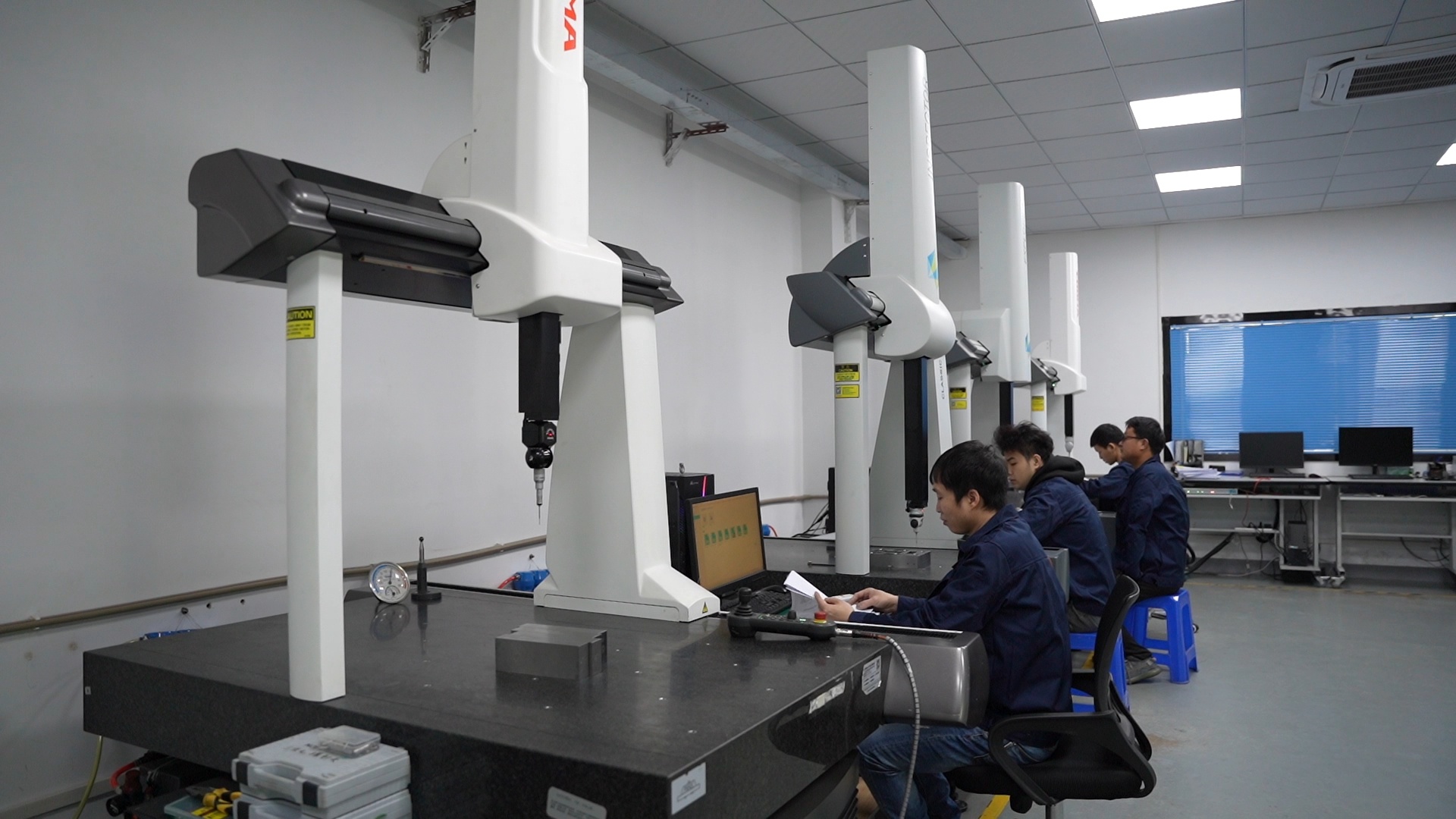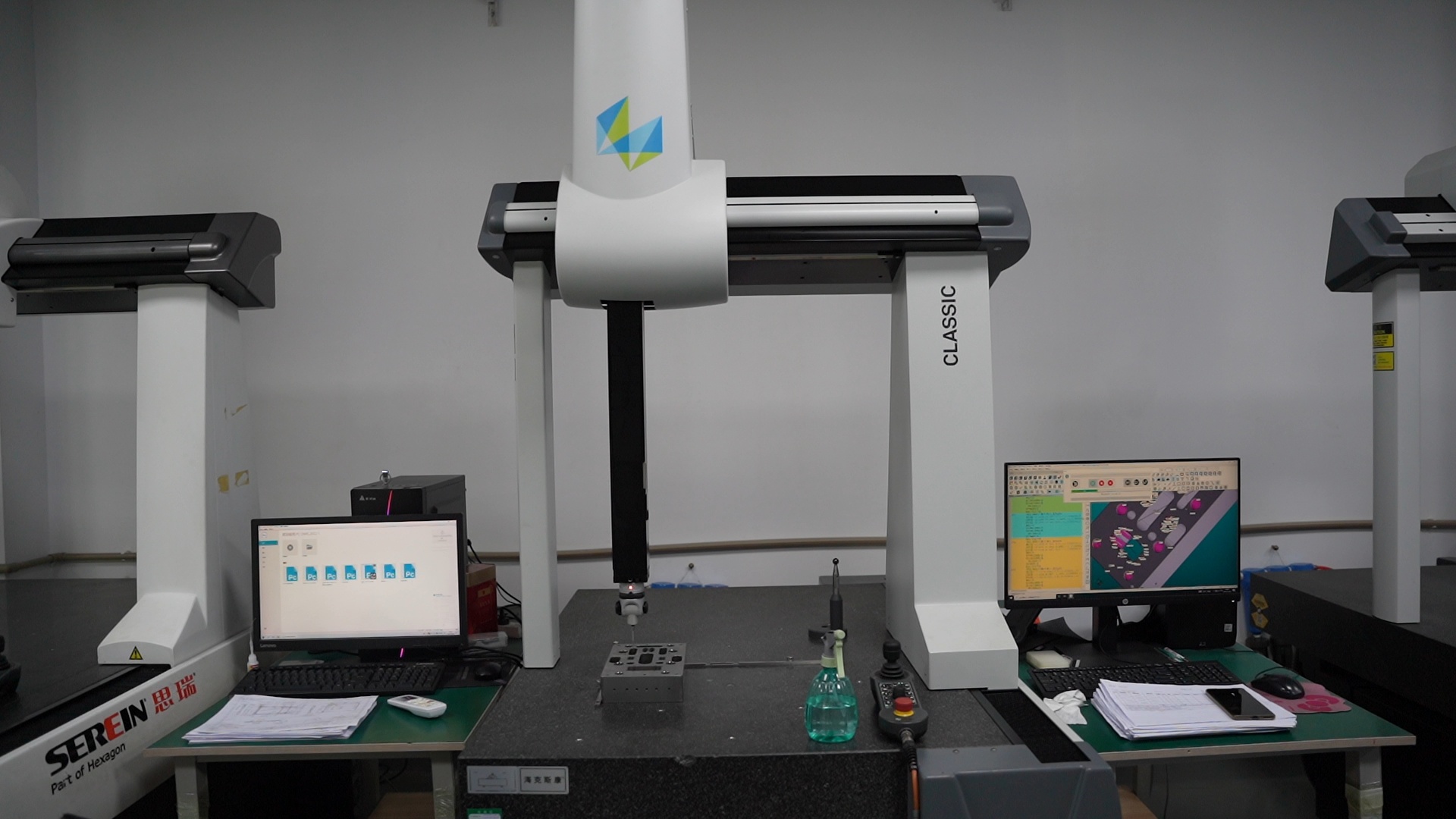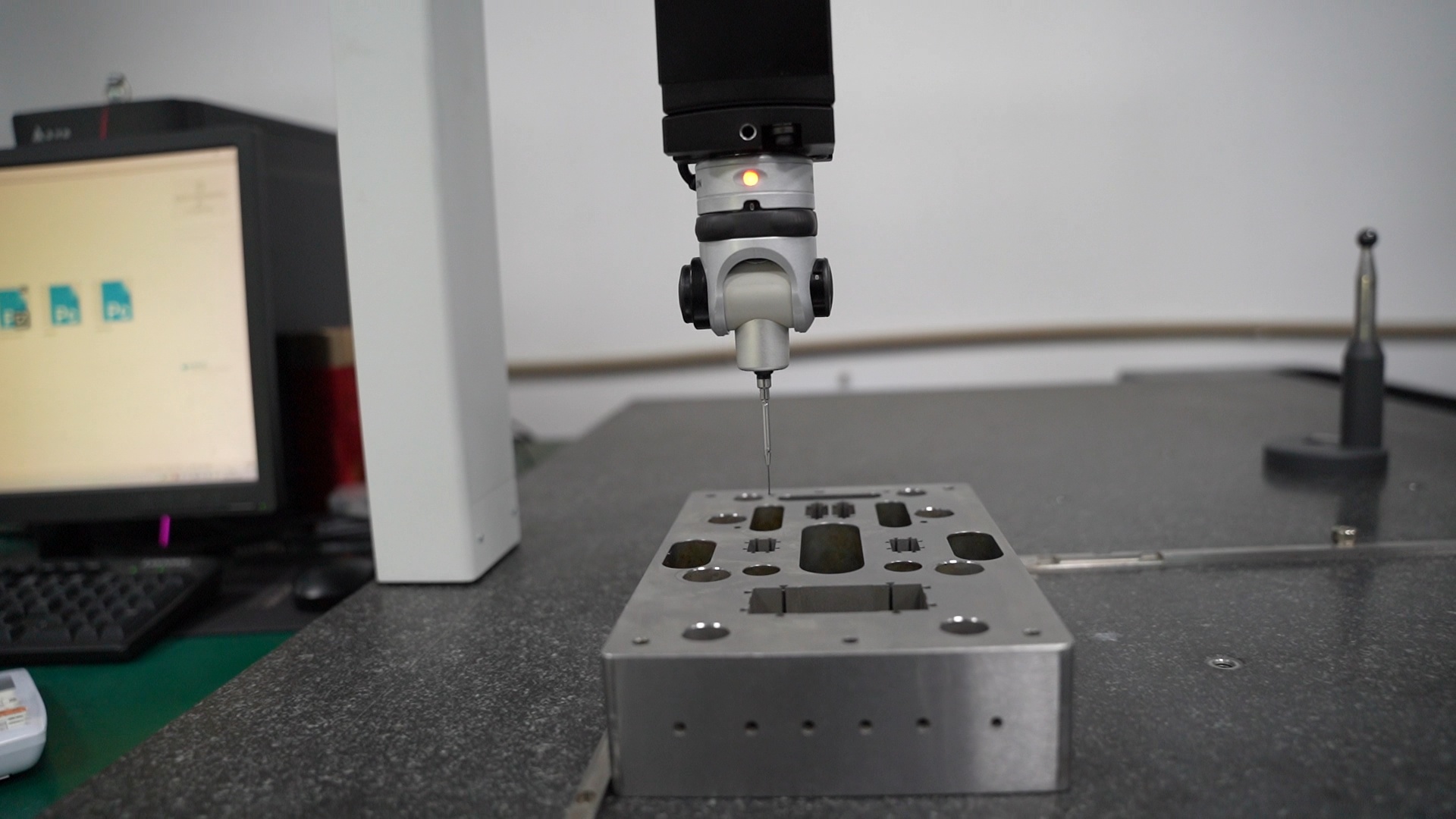3D printed items can be shipped in as fast as 24 hours! MJF, SLS, and FDM Expedite Upload Your 3D File
In the realm of modern manufacturing, the integration of Computer Numerical Control (CNC) machining and Coordinate Measuring Machines (CMM) inspection has emerged as a cornerstone for achieving precision and quality in production processes. This combination not only enhances the efficiency of manufacturing operations but also ensures that products meet stringent quality standards. This article delves into the application and the significance of CNC machining and CMM inspection in quality management, presenting unique insights into how these technologies can transform manufacturing paradigms.
CNC Machining: The Precision Engine
CNC machining represents a significant leap forward in manufacturing technology, enabling the automation of complex machining processes with unprecedented accuracy. By utilizing pre-programmed instructions, CNC machines can perform a wide range of operations, including milling, drilling, turning, and grinding, with remarkable precision. This level of automation not only increases productivity but also minimizes human error, ensuring consistency in product quality.
One of the key advantages of CNC machining lies in its ability to handle intricate designs and geometries with ease. Traditional machining methods often struggle with complex shapes, but CNC technology can tackle these challenges with precision, making it ideal for industries such as aerospace, automotive, and medical devices, where precision is paramount.
Moreover, the adaptability of CNC machines allows for quick adjustments and modifications in the production process. This flexibility is crucial in today's fast-paced manufacturing environment, where product designs frequently change, and the ability to rapidly adapt to these changes can give companies a competitive edge.

CMM Inspection: The Guardian of Quality
While CNC machining ensures precision in manufacturing, Coordinate Measuring Machines (CMM) play a vital role in verifying and ensuring the quality of the finished products. CMMs are high-precision measurement devices that use a probe to measure the geometric characteristics of a part in three dimensions. This capability makes CMMs indispensable in quality control processes, as they provide accurate and reliable data on the dimensional accuracy, surface finish, and geometric tolerances of machined parts.
The integration of CMM inspection with CNC machining creates a closed-loop system where the data collected from CMM inspections can be used to fine-tune the CNC programs, leading to continuous improvement in product quality. This feedback loop allows manufacturers to identify and rectify deviations from the desired specifications promptly, ensuring that every part produced meets or exceeds quality standards.

Unique Insights into the Synergy of CNC Machining and CMM Inspection
Enhanced Process Control: The combination of CNC machining and CMM inspection allows for tighter control over the manufacturing process. By continuously monitoring and adjusting the CNC programs based on CMM inspection data, manufacturers can achieve higher levels of process stability and repeatability.
Accelerated Product Development: In industries where rapid product development cycles are the norm, the synergy of CNC machining and CMM inspection can significantly shorten the time required for prototype testing and validation. This acceleration can be crucial in bringing new products to market faster, giving companies a strategic advantage.
Quality-Driven Decision Making: The detailed data provided by CMM inspections enables data-driven decision-making in quality management. Manufacturers can use this data to identify trends, predict potential quality issues, and implement corrective actions before they become critical.
Cost Savings through Efficiency: By automating both the manufacturing and inspection processes, companies can realize significant cost savings through increased efficiency. Reduced scrap rates, shorter lead times, and minimized rework contribute to lower overall production costs.
Competitive Advantage: In a global market where quality is a key differentiator, the integration of CNC machining and CMM inspection can provide a competitive edge. Manufacturers who prioritize precision, quality, and continuous improvement are more likely to win the trust of customers and establish themselves as industry leaders.

In conclusion, the application of CNC machining and CMM inspection in quality management represents a transformative approach to manufacturing. By leveraging the precision and adaptability of CNC machines and the rigorous inspection capabilities of CMMs, manufacturers can achieve unprecedented levels of quality, efficiency, and competitiveness. As technology continues to evolve, the synergy between these two powerful tools will undoubtedly play an increasingly critical role in shaping the future of manufacturing.
Previous:The Application and Importance of CMM in CNC Machining
Next:No More/End